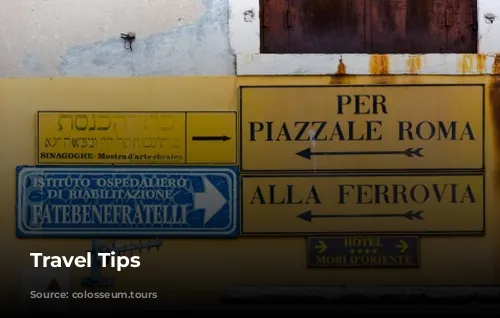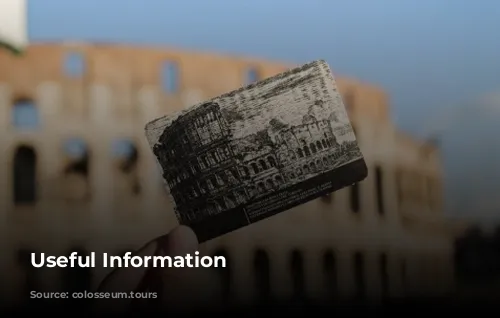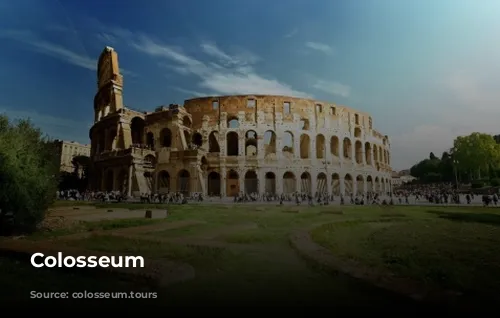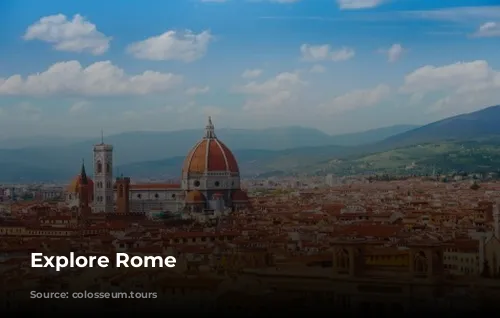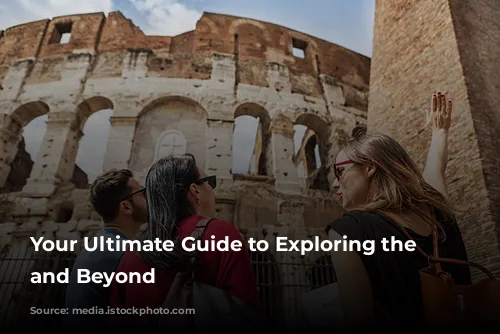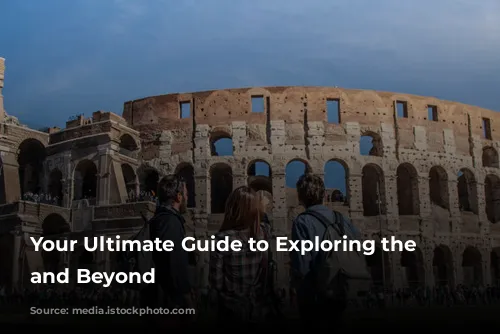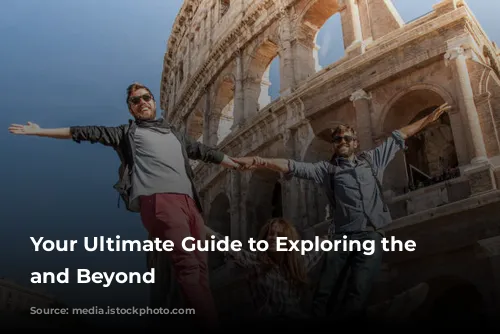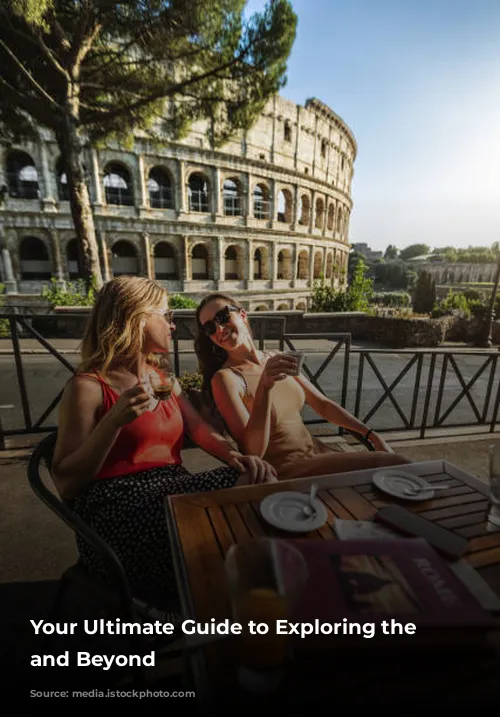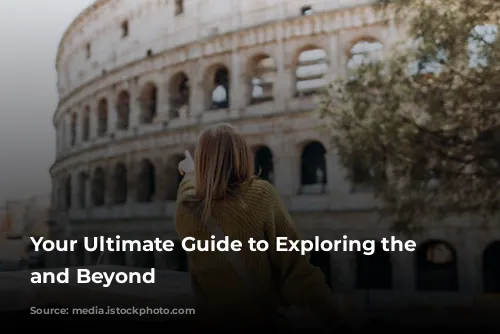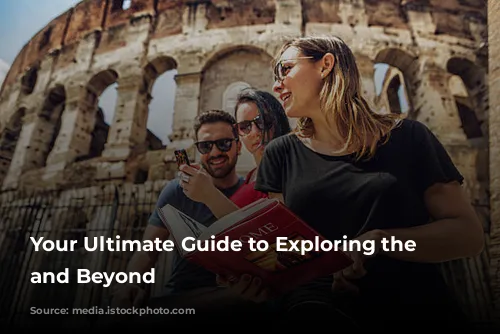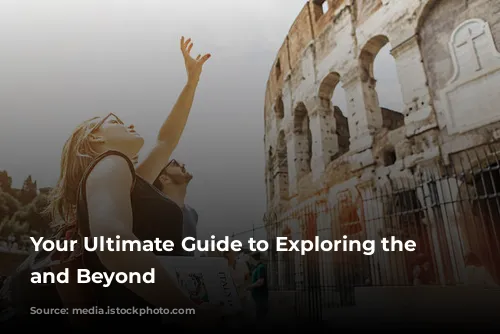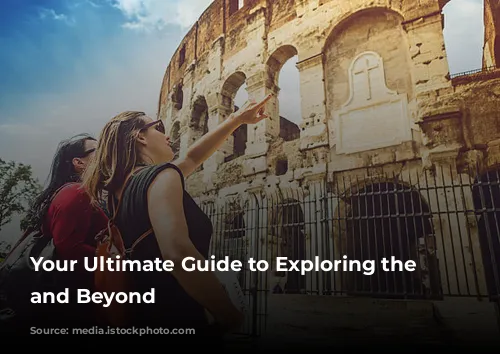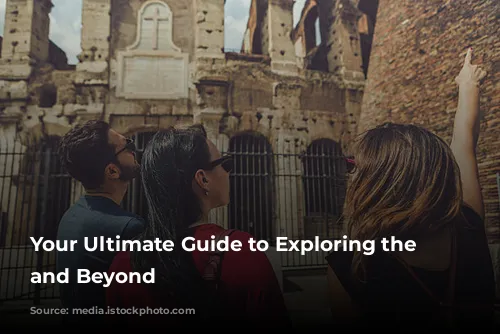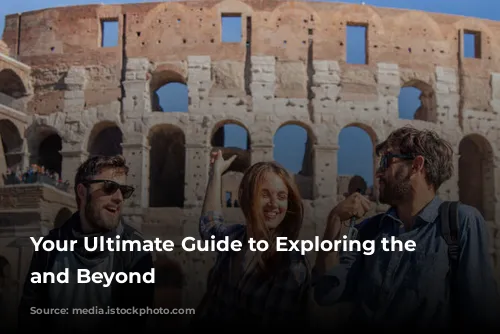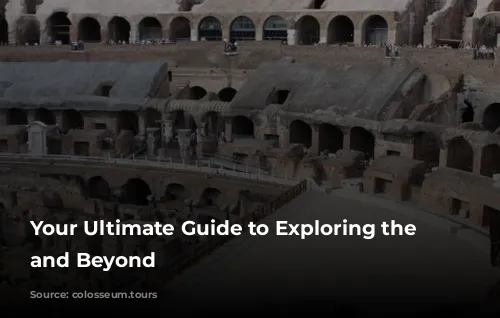Embark on an unforgettable journey through the heart of ancient Rome, where history comes alive at every turn. This guide will equip you with essential information and tips to make your visit a seamless and memorable experience.
Planning Your Visit: Key Information and Tips
Before you set foot in the Colosseum, there are a few things you should keep in mind. First, be aware of the opening hours as they vary depending on the season. For example, during winter months (January 2nd to February 15th) the Colosseum is open from 8:30 AM to 3:30 PM, but in the summer (Last Sunday of March to August 31st) it stays open later, until 6:15 PM.
Secondly, remember what you can and can’t bring inside. Large bags, backpacks, wheeled bags, glass containers, weapons, and aerosol sprays are not allowed.
Finally, make sure to book your tickets in advance to avoid long queues and ensure your entry into this iconic attraction. Purchasing tickets online allows you to secure your preferred date and time, offering a smoother and more efficient visit.
The Colosseum: A Monument to Ancient Roman Might
The Colosseum, a symbol of Rome’s glorious past, stands as a testament to the ingenuity and grandeur of the Roman Empire. Built around 70-80 AD by Emperor Vespasian, this massive amphitheater once hosted gladiatorial contests, animal hunts, and even mock naval battles. Imagine the roar of the crowd as 80,000 spectators witnessed these spectacles!
The Colosseum’s architectural design is as impressive as its history. Its oval shape, four levels, and towering height of 48 meters create a sense of awe. Built with limestone, concrete, and bricks, the structure features three tiers of arches adorned with different types of columns: Doric at the base, Ionic in the middle, and Corinthian at the top.
The Colosseum’s design was exceptionally clever, with ramps, stairs, and tunnels facilitating smooth movement for people and animals during events. This architectural brilliance allowed for efficient entry and exit for spectators, while also allowing for the staging of elaborate shows.
At night, the Colosseum transforms into a mesmerizing sight, its illuminated structure standing majestically against the dark sky. The peaceful atmosphere and the captivating beauty of the Colosseum, especially after sunset, offer a unique perspective on its rich history.
Dining Delights and Practicalities
Rome is a culinary paradise, and experiencing authentic Roman cuisine is a must. While the city boasts upscale dining options, nothing compares to the flavor of street food. Look for places frequented by locals, a sure sign of delicious and high-quality fare.
Tip: Remember that many restaurants in Rome include a service charge in the bill. However, if you’re particularly pleased with the service, or if the service charge isn’t included, it’s customary to leave a 10% tip.
Exploring the Ancient City: A Guide to Historical Gems
To truly appreciate the grandeur of Ancient Rome, a guided tour is essential. Join a small group and a knowledgeable guide to delve into the captivating history of the Colosseum, Palatine Hill, and the Roman Forum.
Begin your exploration at the Colosseum, learning about its architecture and the Romans’ love of games. Step onto the arena floor, where gladiators once battled, and imagine the thrill of the contests.
Next, venture to Palatine Hill, the oldest part of Rome, where emperors once resided in opulent homes. Wander amidst the ruins, enjoying the serene surroundings and breathtaking views of the city.
Finally, descend into the Roman Forum, walking along ancient roads, and marveling at temples, offices, and the Senate building.
Experience the Colosseum and Ancient Rome in a Personalized Way
For a truly unforgettable experience, consider a private tour. A friendly and professional tour guide will tailor your tour to your specific interests and needs, ensuring a personalized and enriching experience.
This tour offers a unique advantage: skip-the-line access to the Colosseum, allowing you to bypass crowds and enjoy a private entrance to this magnificent landmark.
After meeting your guide at Trajan’s Column, you’ll take a short walk through the Imperial Forum before entering the Roman Forum. Your guide will point out famous monuments and hidden gems often missed on larger tours.
Vatican City: A Journey Through Faith and Art
No trip to Rome is complete without a visit to Vatican City, a place of immense historical, spiritual, and artistic significance.
Home to the Pope and the Roman Catholic Church, it’s a center of global reverence. Explore the Vatican Museums, showcasing a vast collection of artistic treasures, including iconic works by Michelangelo and Raphael.
The Sistine Chapel, with its mesmerizing frescoes, particularly Michelangelo’s masterpiece on the ceiling, will leave you breathless.
St. Peter’s Basilica, with its awe-inspiring architecture and religious significance, is equally captivating.
Exploring Local Charm: Trastevere and Monti
Escape the hustle and bustle of the city center and delve into the authentic charm of Trastevere and Monti, two neighborhoods brimming with local life.
Trastevere, with its narrow cobblestone streets and colorful buildings, exudes a bohemian charm. It’s known for its bustling piazzas, lively trattorias, and vibrant nightlife.
Monti, on the other hand, offers a more eclectic ambiance, blending ancient ruins with trendy boutiques and artisan shops. Its labyrinthine alleys lead to hidden gems, quaint cafes, and artisan workshops, making it a haven for artists and creatives.
Free Museum Days: A Budget-Friendly Option
Every first Sunday of the month, entry to state-owned museums, galleries, parks, and some archaeological sites in Rome is free. While this is a great way to save money, remember that it’s the busiest day of the month, so consider arriving early.
The Colosseum: An Icon of Rome’s Glory
The Colosseum stands as the most visited and popular monument in Rome, and arguably in all of Italy. It’s a symbol of the ancient Roman Empire and of the modern city today, much like the Eiffel Tower in Paris.
In its time, the Colosseum was a symbol of prestige and power, embodying the might and even the savagery of the ancient Romans.
This guide has provided you with essential information and tips to make your visit to the Colosseum and the Ancient City of Rome a truly unforgettable experience. From understanding opening hours and what you can bring inside to exploring the neighborhoods and experiencing authentic Roman cuisine, this guide will help you create a memorable journey through the heart of history.
